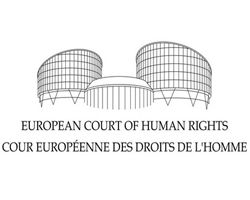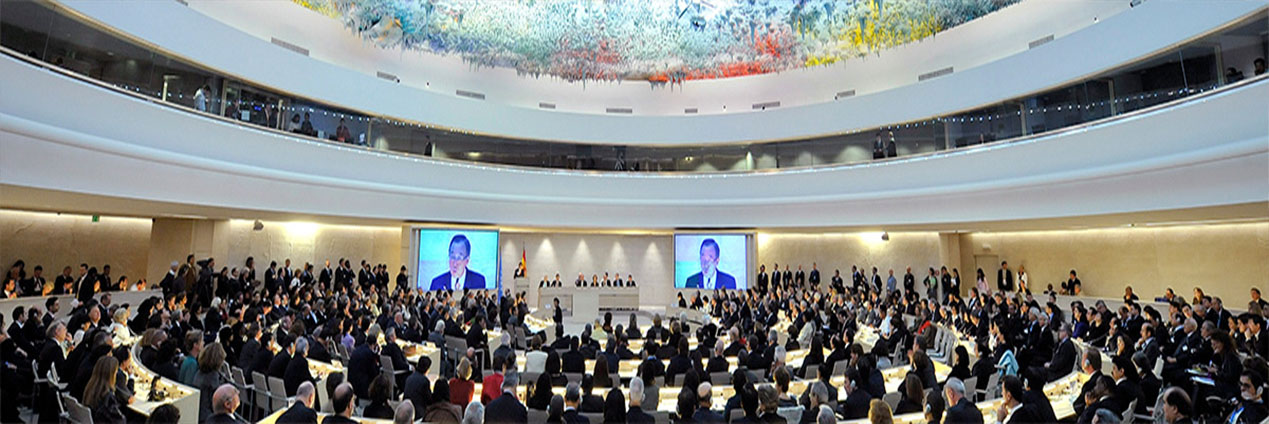Publication of ECHR Judgments in cases A.R.E. v. Greece and G.R.J. v. Greece

Today, the European Court of Human Rights published its Judgments in the cases of A.R.E. v. Greece (Application No. 15783/21) and G.R.J. v. Greece (Application No. 15067/21).
The cases concerned applications by a Turkish citizen in the first case and a minor Afghan citizen in the second, both against Greece, alleging that they had suffered informal forced returns (IFRs) to Turkey, the first from the land border in Evros and the second from the sea border in the Aegean, resulting in a violation of Article 3 of the ECHR. They also alleged that during the IFRs they were subjected to irregular detention in violation of Article 5 of the ECHR, and that during the IFR they were subjected to life threatening situations and treatment amounting to inhuman and degrading treatment, in violation of Articles 2 and 3 of the ECHR.
For these cases, the Greek National Commission for Human Rights (GNCHR) was invited by the Strasbourg Court to intervene as a Third Party, in accordance with Articles 36 § 2 of the ECHR and 44 § 3 (a) of the Court's Rules of Procedure, and to respond in writing to the Court's question of whether there is a systematic practice of pushbacks of third country nationals from Greece to Turkey at the land and sea borders.
The written intervention of the GNCHR is available here.
In the Judgments issued today, significant reference is made to the Third-Party intervention submitted by the ECHR on 28 March 2024, as well as to the 2022 and 2023 Annual Reports of the Recording Mechanism of Incidents of Informal Forced Returns, which operates under the auspices of the GNCHR.
In the judgments, the Court highlighted the independent role of the GNCHR as a National Human Rights Institution in Greece with A status, which is accredited by a specialized UN body, and relied, inter alia, on the authority arising from this independence in reaching its findings.
For example, in paragraph 227 of the judgment in the case of A.R.E. v. Greece (Application No. 15783/21), “227. The Court considers that, in determining whether there is a systematic practice of pushbacks, particular importance must be attached first and foremost to reports from competent national institutions whose independence is beyond doubt, including, where applicable, their written observations as third-party interveners, such as, in this case, the Greek Ombudsman and the National Human Rights Commission. It notes in particular that the Greek Ombudsman is an independent authority within the meaning of the Greek Constitution and that the National Commission, which has been accredited with the Global Alliance of National Human Rights Institutions since 2001, presents the guarantees of independence established by the United Nations (Paris Principles of 1993) […]”.
In the case of A.R.E. v. Greece (Application No. 15783/21), the Court found Greece responsible for most of the alleged violations, while in the case of G.R.J. v. Greece (Application No. 15067/21), it found that the applicant could not claim to be a victim within the meaning of Article 34 of the Convention, as he had not presented sufficient evidence to prove his presence in Greece and his return to Turkey from the island of Samos on the dates he alleged.
Find the judgment in the case of A.R.E. v. Greece (Application No. 15783/21) published in French here.
Find the judgment in the case of G.R.J. v. Greece (Application No. 15067/21) published in French here.

